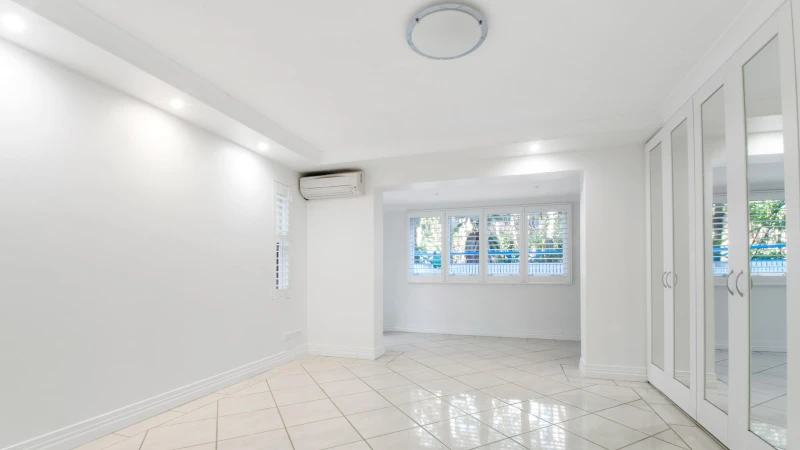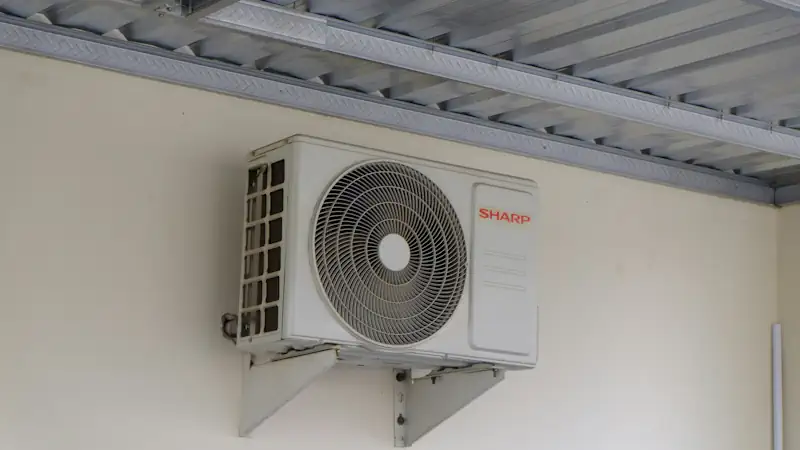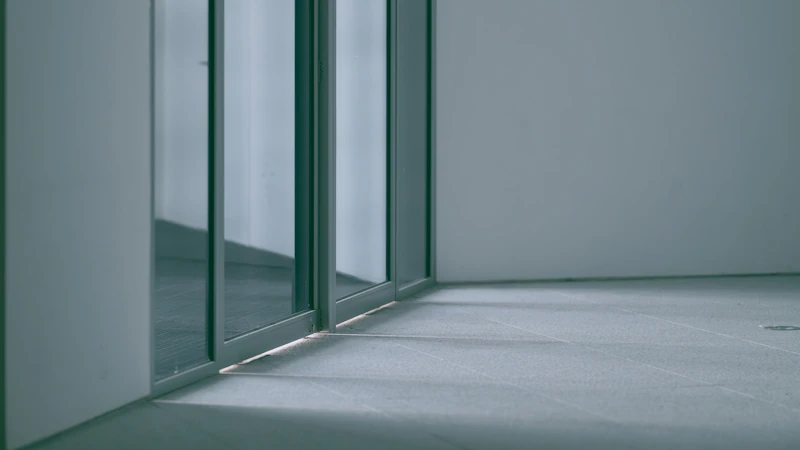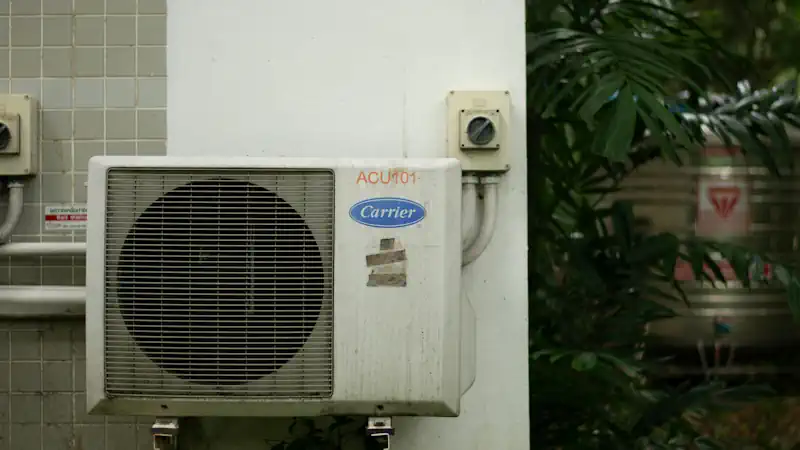Disclosure: This post may contain affiliate links, meaning we get a commission if you decide to make a purchase through our links, at no cost to you. Please read our disclosure for more info.
During the hot summer months, air conditioning may be a lifesaver, but it can also sometimes offer an inconvenient issue in the form of water seeping outside of the unit. It’s not only an annoyance; it might also be a sign that there’s something wrong with the air conditioning system.
If you’re encountering such issues with your HVAC system, you may want to check out Autumn Air for their superior HVAC services in and around Arizona.
In this post, we will discuss the most prevalent reasons for water leaking outdoors from an air conditioning unit as well as the solutions to these problems.
In This Post:
Basic Working of an AC
Let’s have a basic understanding of how an air conditioning system operates before we go into the issues. Condensation forms as a byproduct of the cooling process that takes place when air conditioning works to reduce the temperature of the air inside a space.
This water will be collected in the drop pan and sent via a pipe either into the plumbing system or outdoors, depending on your preference.
On the other hand, in the event that the system is not operating as it should, the water may spill over from the drip pan and leak outside of the unit. This may cause damage to your property and reduce the effectiveness of the air conditioner, causing it to work more than it has to.
Causes of AC Water Leaking
The following is a list of the most prevalent potential causes of water seeping outdoors from your air conditioner.
Filter Is Clogged
The air filter captures and removes dust, dirt, and other particles that may be present in the air that is sucked into the air conditioning unit. If the filter gets clogged, the evaporator coil may freeze, causing water to leak out of the device in unwanted areas.
If the filter is dirty, it will obstruct airflow, causing the evaporator coil to be colder than it should be and causing ice to develop. When the ice melts, it causes the drip pan to overflow, allowing water to leak into the surroundings. To resolve this problem, you must clean or replace the air filter on a regular basis—at least once per month.
Dirt Accumulated on the Condenser Coil
The condenser coil, which is located outside of your home, is an important component in removing heat from the refrigerant in the air conditioning system. But, with time, the condenser coil may accumulate dirt, dust, and other debris, causing it to become less effective and forcing the system to work harder.
When the system works harder, more condensation is produced, increasing the possibility that the drip pan could overflow, resulting in water seeping out of the unit and onto the floor. It is suggested that the condenser coil be cleaned on a regular basis, at least once a year, to remove any dirt and debris that has accumulated over time. This will enable you to remedy the problem.
Low Refrigerant Levels
The ingredient responsible for chilling the air in an air conditioning system is known as refrigerant. If the unit’s refrigerant level is too low, the evaporator coil may freeze, resulting in water spilling out into the surrounding environment. This is owing to the fact that the system must expend more effort to cool the air, resulting in an increase in condensation.
Low refrigerant levels are often the consequence of a leak in the system; hence, it is vital that this problem be rectified as soon as humanly possible. An professional HVAC technician can find the leak and restore the proper quantity of refrigerant to the system.
Clogged Drain Pipe for Condensate
The condensate drain line’s function is to convey the water that has accumulated in the drip pan to the exterior of the unit. Since debris, dust, and other particles may accumulate in this line over time, it is conceivable that it can get blocked, resulting in water backing up into the drip pan and overflowing out of the unit.
Locate the line that drains condensate and remove any obstacles you discover using a wet-dry vacuum or a pipe cleaner. This will enable you to solve the problem. In addition, ensure that the line is firmly secured and free of cracks or holes.
Damaged Drip Pan
Your air conditioning system has a drip pan that is intended to collect any condensation that may form and then route it to the condensate drain line. Unfortunately, the drip pan may get damaged or rusted with time, which can lead to it cracking or developing holes in the surface.
In the event that the drip pan sustains damage, water may spill outside of the unit, which may cause damage to your property. The drip pan has to be replaced as soon as feasible in order for this issue to be resolved.
Installation That Was Not Completed Properly
If your home’s air conditioning system was not correctly installed, it may cause a number of problems, one of which is water seeping from the unit. For example, if the system is not level, the condensate drain line may not work properly. Water would accumulate in the drip pan and pour out of the unit, which would be an issue.
If you wish to remedy this problem, you must first ensure that your home’s air conditioning system is correctly installed by consulting with an expert HVAC technician. They may assess if there are any issues with the installation and make any necessary revisions.
Failed Condensate Pump
If your air conditioner is located in a basement or other low-lying area, it may have a condensate pump. Depending on where the unit is located, this pump would be in charge of transporting water from the drop pan into the plumbing system or outside the building. If the pump fails, the water may leak outside of the unit because it will overflow from the drip pan.
You should contact an expert HVAC technician as soon as possible to have the condensate pump fixed or replaced. This will help you resolve the problem.
Conclusion
Water leaking outside the air conditioning unit is a typical problem that may be caused by a variety of concerns, ranging from faulty condensate pumps to blocked air filters. It is important to take action as quickly as possible in order to minimize the risk of damage to your property and maximize the effectiveness of your air conditioning system.
During the scorching months of summer, if you take preventative measures to maintain your air conditioning system and swiftly solve any problems that arise, you can guarantee that there is no water leaking outside of your AC unit, allowing you to remain cool and comfortable.




